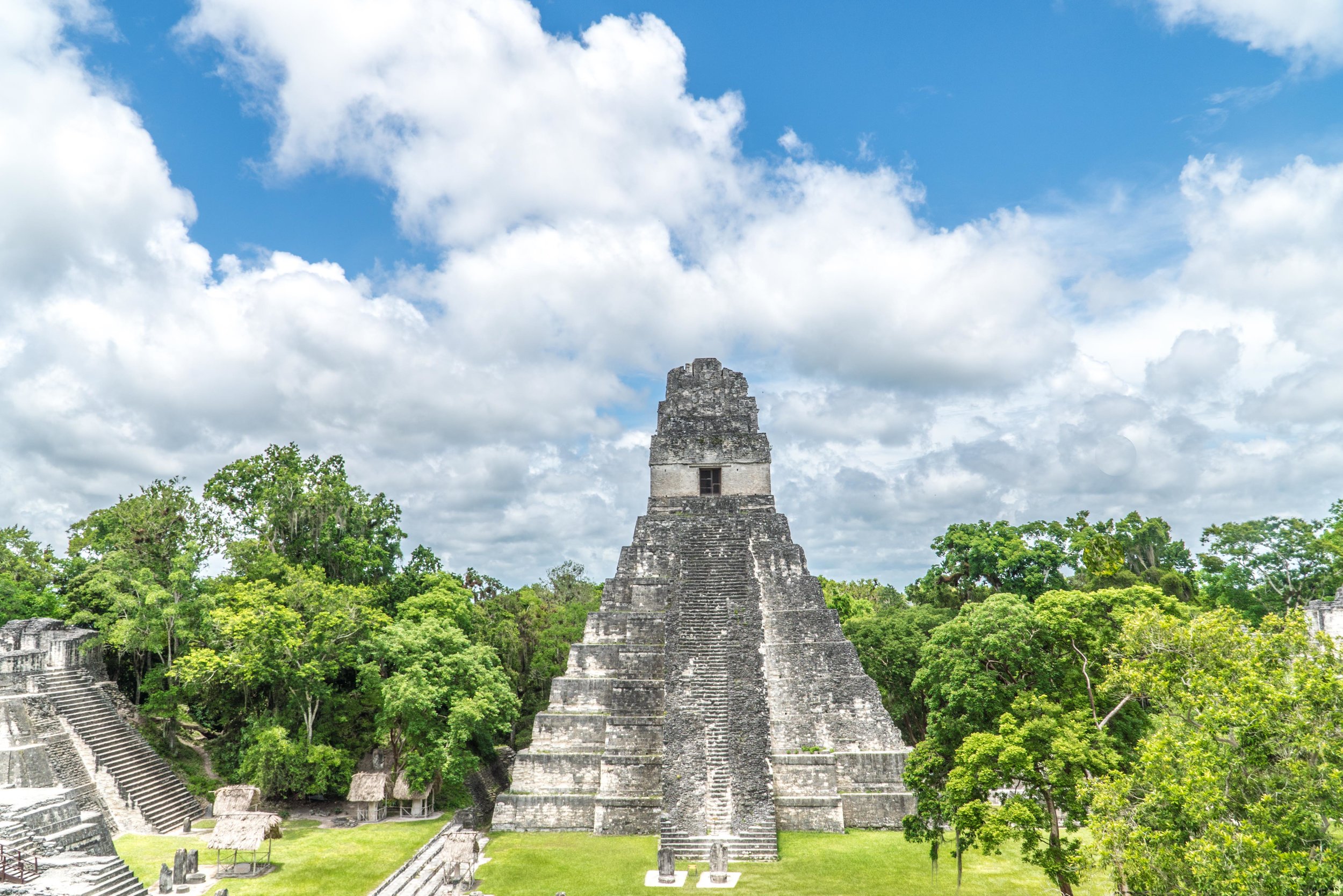Help! I'm an American Dream Dropout
Last month I took one day off. One. "HYPOCRITE". For those who follow me regularly, this is probably what you're thinking. "Spencer, all I see is you extolling the virtues of long-term travel, a work/play balance, and sticking it to the man, and here you are working for all but one day in March?" However, I'm doing it so that I can travel more and have that work/play balance.
Next week begins a series of several upcoming trips that are completely for myself, which includes a vacation to the Pacific Northwest. And what is it that I'll have to show for this trip and my upcoming trips? Nothing! It won't go on my resume, I won't receive a plaque, and I'll be giving money away without receiving any return on my investment. This then begs the question, what is the tangible value of travel? I grew up on a farm. Well it wasn't my actual home, but with parents who often worked late hours, it's where I spent a lot of my time as a kid at my babysitter's home. I learned many valuable lessons here, including why you shouldn't pee on an electric fence.
Something else that was instilled in my head early on both from the farm and from my parents is that if I wanted something to show for in life, then I had to work for it. Not only that, but how much I had to show was proportional to how much I put in. But I wasn't about to be a farmer. It seemed that farmers put in a whole heck of a lot of time to just get a small ranch house, a beat-up old truck, and a stove you had to put so much work into -- and by work I mean chopping up wood when most people had electric and gas stoves.
I'm a dropout. No, not a high school or college dropout, but an American dream dropout. You see I was on a plan that was following this course that most people within my culture followed. You do the school thing for years, followed by finding a secure job to start building up a sense of security and comfort around you. You buy adult stuff: A house, TV, car, furniture, TV dinners, and so on. As you're doing this, you're on the lookout for a mate you can share all of those things with, while the notion of kids lingers on the horizon. Then come about year 55, after the kids have moved out, you can really start to live because you've put in all that time and have such an accumulation of stuff you can enjoy. Retirement is when life then really starts.
Now some of you are squirming in your seat a bit because it sounds like I've called you out. I'm in no way knocking any of this. One of my best friends has been working the same job for 14 years, has been happily married for several years, and has two kids. It's really beautiful to watch and I try to spend as much time around them as I can because of the joy I receive from watching their joy. I tried the 55-year plan, but I just couldn't do it. It's like I was a kid learning to ride a bike, but who just couldn't quite get it. I got a little push, but then shortly after just started going off course. A wrong turn here (Choosing the wrong major and extending my college years while hopping from job to job), a spoke falling off there (My father passing away), and the training wheels collapsing to cause me to fall off (A divorce). In frustration, I raised the bike over my head, threw it in a ditch, and walked off. Yet while quitting is often looked down upon in our society, it was the best decision I ever made.
In a few weeks, I start another season of being a nomad. It will be the second time I've done it, but much shorter this time at just three months, as compared to nine months last time. It'll begin with a month of house sitting, followed by my first cruise, and then several weeks in Europe. Some of it will be for work, but a lot of it just for myself because I want to. In 29 years of life, I can confidently say that the most important decision I ever made was to quit everything to travel for nine months. The person I came back as, wasn't the person I left home as. Travel brings out the absolute best in me, so why wouldn't I do this?
I've turned in my paycheck for experiences, rather than goods. This is really the fundamental difference of my life in the last two years, as compared to the other 27. It's a frame of mind that the New York Times recently made a case for. It asked the question: "If you had $1,000 to splurge, would you buy French doors for the living room or a weekend vacation in France?" The article goes on to state that the answer to this question says a lot about a person. Recent studies have shown that experiential spenders, as compared to material spenders, have an overall greater life satisfaction. Another, more humorous study, found that experiential spenders are liked more. What?! You're telling me that people would rather spend time with risk takers who invest in experiences rather than homes and cars?
I'm not necessarily making a case for being a long-term traveler. I'm not even sure I am one. However, I AM making a case for being a risk taker and living your life experientially. Listen, I don't have anything to tangibly show for traveling for nine months or crossing bucket list items off. I can't make a direct connection to a job offer or financial gain. I can't return those travel experiences to the store or get an upgrade after two years. I can't sell them on Ebay. However, those travel experiences can give me a sense of pride and life satisfaction that nothing else can. That's not something you can put a price tag on!
What would you do with an extra $1,000 lying around?












